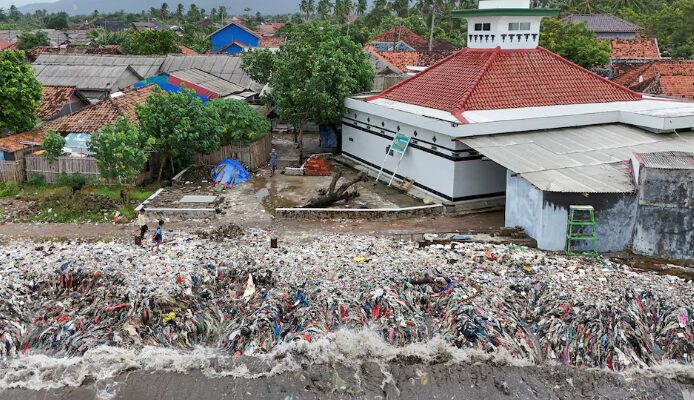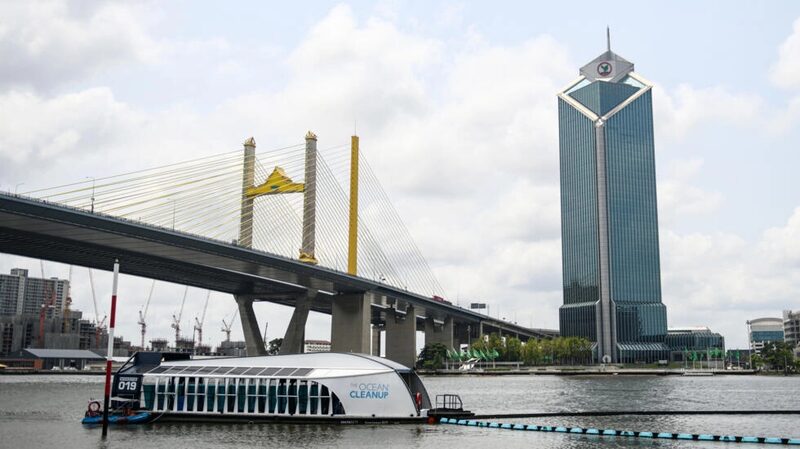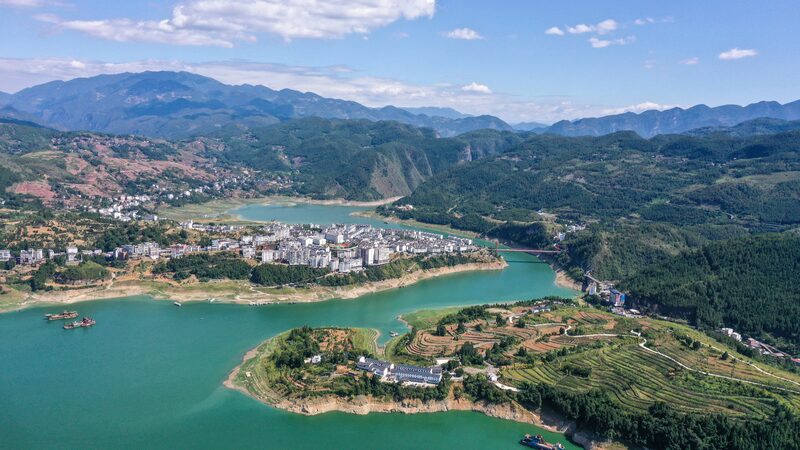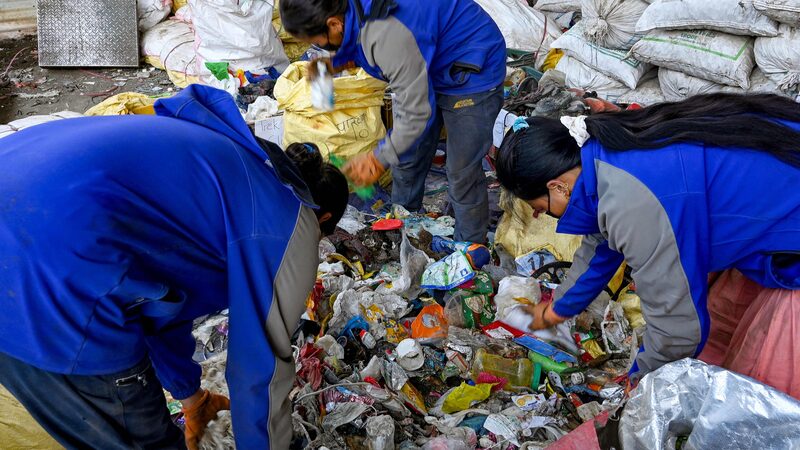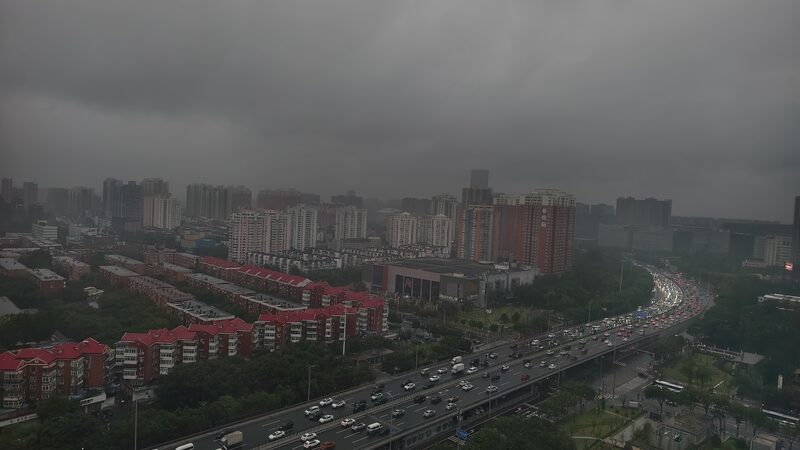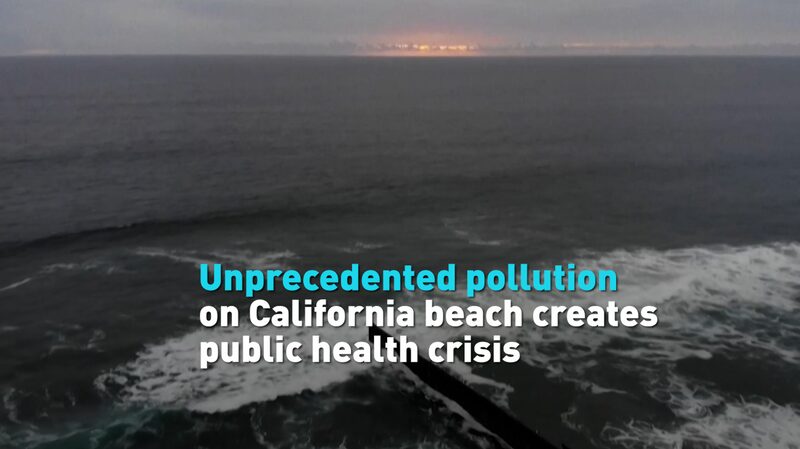Teluk, Banten Province – In the small Indonesian fishing village of Teluk, piles of trash have become an unwelcome fixture along the shoreline. For 58-year-old resident Solikah, the sight of plastic waste strewn across the beach she has called home for four decades brings tears to her eyes.
“You can’t predict the weather,” she laments, gazing at the heaps of discarded biscuit wrappers, toothbrush cases, instant noodle packages, and even abandoned sandals. The villagers here have noticed that heavy rains and stronger tides have exacerbated the influx of garbage washing ashore.
Located on the western edge of Java island, Teluk has become emblematic of a growing problem facing coastal communities across Indonesia. The nation’s meteorological agency has forecasted a milder dry season this year, with the onset of dry weather in Java delayed until May or June. These shifting weather patterns are contributing to stronger tides that carry debris from the sea back to the land.
Fikri Jufri, leader of a local beach-cleaning community initiative, explains the cyclical nature of the problem. “Every year, the rain and wind carry trash from the sea to the shore,” he says. “Mountains of plastic waste have for years made their way into the sea through rivers, and now the tides are bringing them back to us.”
Indonesia is recognized as one of the world’s largest contributors of plastic waste entering the oceans. The situation in Teluk gained national attention last year when a video of young environmentalists removing tons of trash from the beach went viral on social media.
While the pervasive pollution is a significant concern, the villagers’ immediate worries center on their livelihoods. Local fishermen like 33-year-old Jayadi are facing hardships due to unpredictable weather conditions. “High tides during the rains have prevented us from going fishing,” he explains. “Our income will be hit just as our families prepare to celebrate Eid al-Fitr next month.”
The inability to fish not only threatens their economic stability but also their way of life. “Many villagers will cry because they cannot buy rice if the weather continues like this,” says Jayadi. “Last year around this time, the sea was calmer, and we could find fish and squids.”
The plight of Teluk’s residents highlights the intersection of environmental degradation and climate variability, underscoring the urgent need for sustainable waste management and support for vulnerable communities. As plastic pollution continues to impact ecosystems and economies, the village of Teluk serves as a stark reminder of the broader challenges facing coastal regions throughout Asia.
Reference(s):
cgtn.com
